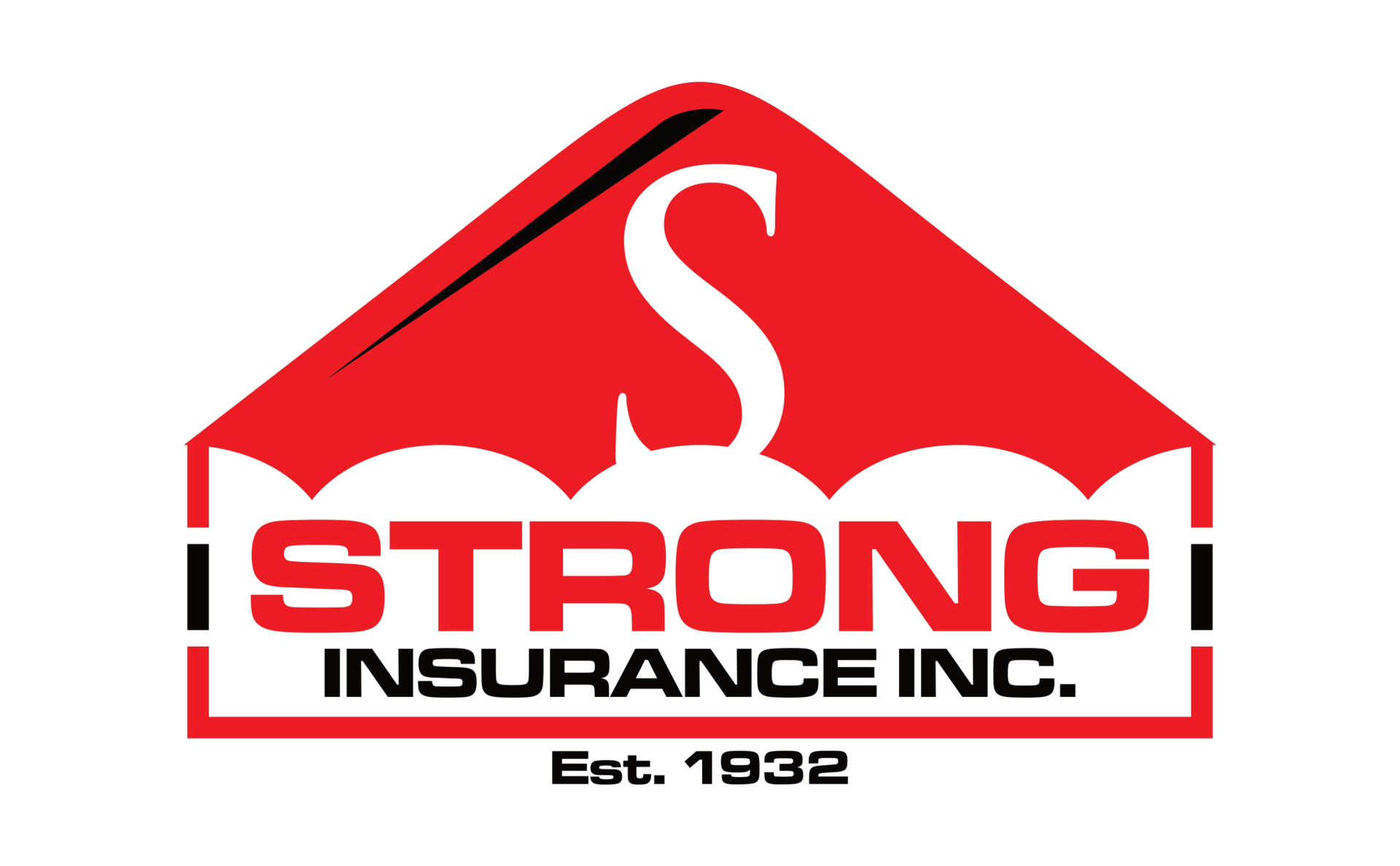Simplifying Insurance By Strong Insurance

By Ben Criss
•
02 Jan, 2024
What is an MCS-90? The MCS-90 is an endorsement in the sense that it is physically attached to the motor carrier’s policy. However, it is not a typical endorsement for the following three reasons. The insurer is not permitted to modify the wording of the MCS-90, a form promulgated by the USDOT. The MCS-90 does not modify the policy’s coverage. The MCS-90 mandates payment by the insurers in response to a final judgment, even if the motor carrier policy to which it is attached does not cover the loss. The endorsement complements the Form BMC-91/91X—Motor Carrier Automobile Bodily Injury and Property Damage Liability Certificate of Insurance (certificate of insurance), filed on behalf of most authorized motor carriers by the insurer. What is a BMC-91 (or BMC-91X) Filing In order to secure operating authority as a for-hire motor carrier in interstate commerce, a trucker must, among other requirements, demonstrate to the FMCSA that it is financially responsible and thus able to respond to claims for bodily injury, property damage, and environmental restoration. The requirement is ongoing. Regulations promulgated by the secretary of transportation set out the financial security requirements for different classes and types of carriers. If the motor carrier allows its proof of responsibility to lapse, then its operating authority is revoked by the FMCSA. Motor carriers are offered the following three different ways to establish financial security. 1.Qualify as a self-insurer. 2.Surety bond. 3.Insurance Qualify as a Self-Insurer One option currently in use by only a handful of carriers is to convince the FMCSA that they are in a sufficiently good financial condition to qualify as a self-insurer. This is not quite the same as self-insuring or having a large deductible or self-insured retention on one’s policy, which are various risk financing strategies. Instead, this involves a certification by the FMCSA that the motor carrier has access to liquid assets and has a net worth or other sources of funds that demonstrate an ability to meet its statutory obligation to the public to indemnify claimants for any loss. 23 Surety Bond A second option for the motor carrier is to secure a surety bond known as Form MCS-82—Motor Carrier Public Liability Surety Bond under Sections 29 and 30 of the Motor Carrier Act of 1980. The bond must be issued by a licensed or admitted surety company that the FMCSA considers to be financially sound. Insurance The vast majority of motor carriers use the third option, which involves arranging with the insurer that is providing the motor carrier’s auto liability coverage to file a certificate of insurance with the FMCSA. The issuing insurer certifies that it has issued insurance to the motor carrier beginning at a certain date and in a specified amount. This certificate is a form created by the US Department of Transportation (USDOT) and known as either Form BMC-91—Motor Carrier Automobile Bodily Injury and Property Damage Liability Certificate of Insurance or Form BMC-91X—Motor Carrier Automobile Bodily Injury and Property Damage Liability Certificate of Insurance. (A copy of both forms appears in the Appendix to this course.) The difference between Form BMC-91 and Form BMC-91X is that the BMC-91 reflects proof of financial security from a single insurer for the full security limits required, while the BMC-91X offers the insurer the option to share the exposure with another insurer. The FMCSA permits the proof of financial security to be filed by two or more insurers. Interaction of the BMC-91 Filing and the MCS-90 Endorsement The filing (the BMC-91 or BMC-91X) that the insurer makes with the FMCSA and the MCS-90, which is attached to the policy, complements one another in most cases. It is the BMC-91/91X filing that provides proof of insurance that the motor carrier needs to secure and maintain its authority; the filing is also tied into the USDOT Licensing and Insurance website, which allows members of the public access to basic information about the motor carrier, including identifying which insurer has a filing in place on any particular date. The insurer that has made a filing is generally the same insurer that has a policy in effect on that date. On occasion, through oversight or miscommunication, an insurer leaves its filing in place after its policy has terminated. What Triggers the MCS-90 Endorsement? With liability insurance, a coverage trigger is the event that must occur before the policy applies to a given loss. Under an occurrence policy, the occurrence of injury or damage is the trigger; liability losses will be covered under that policy if the injury or damage occurred during the policy period. Under a claims-made policy, the making of a claim triggers coverage. Form MCS-90-Endorsement is not a typical liability policy. Multiple factors must be met to trigger the MCS-90 form. Lets review trigger and non-triggers below. Triggers A “final judgment” must be entered against the named insured motor carrier. The judgment entered against the named insured must be for “public liability”. There must be an absence of coverage within the base insurance policy to which the MCS-90 is attached. The “public liability” judgment entered against the named insured must result from negligence in the operation of vehicles subject to the financial responsibility requirements of the 1980 Motor Carrier Act. Non-Triggers A loss takes place anywhere outside the United States, even if the goods being hauled originated in or were bound for a location in the United States. If the particular trip at issue was intrastate only in its scope. The goods are not moving under the named insured’s motor carrier’s US Department of Transportation (USDOT) authority. If the injury is to the insured’s truck driver. If the injury/damage was to property transported by the insured designated as cargo. Summary While seemingly complex having a knowledgeable insurance agent or compliance team in your corner and alleviate your concerns. Understanding these components is crucial for motor carriers, insurers, and regulatory compliance, navigating the complexities of liability coverage and financial responsibility. Follow Strong Insurance on Facebook for more compliance and education blogs. Next we will cover forms E & F amongst others.

By Ben Criss
•
27 Dec, 2023
Why General Liability Matters for Truckers Truckers operate in a complex environment, interacting with clients, vendors, and the public. General liability insurance provides essential coverage beyond traditional trucking insurance, addressing risks that extend to your business premises and interactions with others. It serves as a financial safety net, shielding your business from potential costs related to liability claims. What Does General Liability Cover for Truckers a. Bodily Injury: General liability covers medical expenses, legal fees, and damages if a third party sustains bodily injury on your business premises or as a result of your operations. This includes incidents like a visitor slipping and falling while at your facility or tripping over a strap or item that has fallen off your rig during the pickup and drop off of a load. b. Property Damage: If your business activities cause damage to someone else's property, be it a client's office or a public space, general liability insurance helps cover the costs of repairs or replacement. Think damage to loading dock, loading/unloading equipment, etc. c. Personal and Advertising Injury: This coverage protects against claims of defamation, copyright infringement, or false advertising, especially relevant in today's digital age. d. Products and Completed Operations: In the trucking industry, this aspect of general liability comes into play if a product you transported causes harm after delivery or if your completed work leads to issues. For example, if a delivered product is found to be defective and causes harm due to an issue during transit, this coverage can be vital. Conclusion: A Shield for Your Trucking Business General liability insurance is a strategic investment in the longevity of your business. Including general liability coverage in your coverage portfolio ensures that you're prepared for the unexpected. By safeguarding against liability risks, you can focus on what you do best—delivering goods safely and efficiently. In the unpredictable world of trucking, general liability is the unsung hero, providing peace of mind and financial protection against the unforeseen twists and turns of business operations.
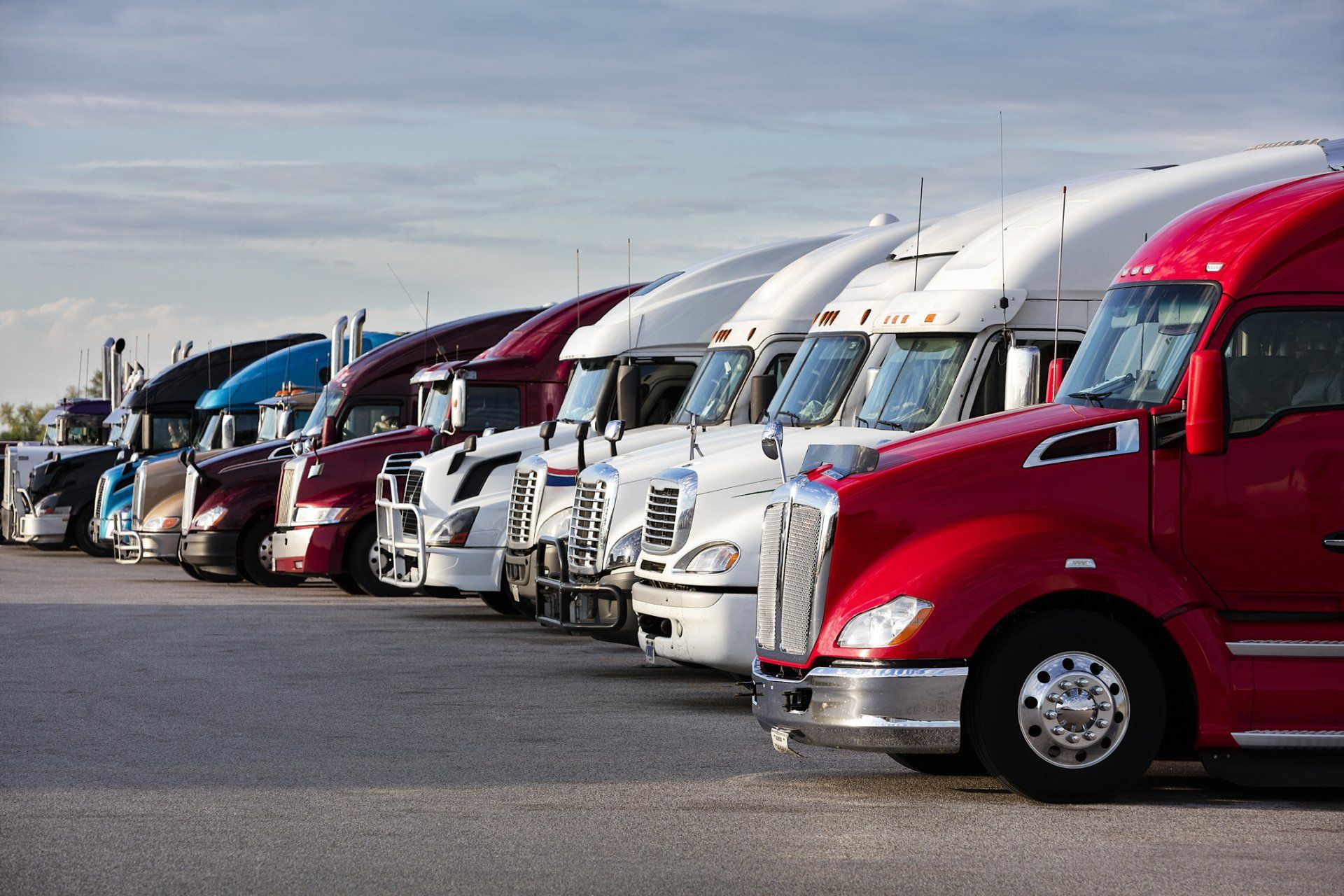
By Ben Criss
•
20 Dec, 2023
Navigating the Shift: A Message to Our Valued Trucking Clients from Strong Insurance In the dynamic landscape of trucking insurance, change is inevitable, and we understand that the current market conditions are presenting challenges. As you may be aware, the industry is experiencing unprecedented rate increases, and carriers are making strategic exits. At Strong Insurance , we want to reassure you that we are here for you during this transition, committed to providing a world-class experience for truck drivers. Understanding the Shift in the Marketplace In the world of trucking insurance, rate fluctuations are not uncommon. The current scenario, however, is marked by unique challenges as carriers adjust their strategies, leading to increased rates across the industry. We recognize the impact this may have on your operations and budget, and we are dedicated to helping you navigate these changes seamlessly. Our Commitment to You: A World-Class Experience 1. 24/7 Certificate of Insurance Access: We understand the importance of quick and efficient access to your certificates of insurance. Our commitment to providing a seamless experience includes round-the-clock access to a self services portal where you can instantly create your certificates, ensuring that you have the documentation you need when you need it. 2. Annual Policy Reviews: Strong Insurance is not just about providing coverage; we are here to be your strategic partner. Our team conducts annual policy reviews to ensure that your coverage aligns with your evolving needs. This proactive approach helps us identify potential areas for optimization and cost-saving measures. 3. Unmatched Knowledge and Expertise: In a time of change, knowledge is a powerful ally. Our team boasts unmatched expertise in the trucking insurance landscape. We stay ahead of industry trends, regulatory shifts, and market dynamics, allowing us to provide you with informed and strategic guidance. Empowering You Through Change Change may bring challenges, but it also brings opportunities. At Strong Insurance , we are not just navigating this shift; we are committed to powering you through it. Our focus remains steadfast on ensuring that you have the coverage you need, the support you deserve, and a partner you can trust. How We Can Help You: Customized Coverage Solutions: Tailoring insurance solutions to meet your specific operational requirements. Risk Management Guidance: Providing proactive insights to help you mitigate risks and enhance safety measures. Cost Optimization Strategies: Identifying opportunities for cost savings without compromising on coverage. In these times of change, we want you to know that Strong Insurance is more than an insurance provider; we are your advocate, your partner, and your ally. Together, we'll navigate the shifts in the market and emerge stronger. For any questions, concerns, or to discuss your insurance needs, our team is here for you. Let's navigate the road ahead together.
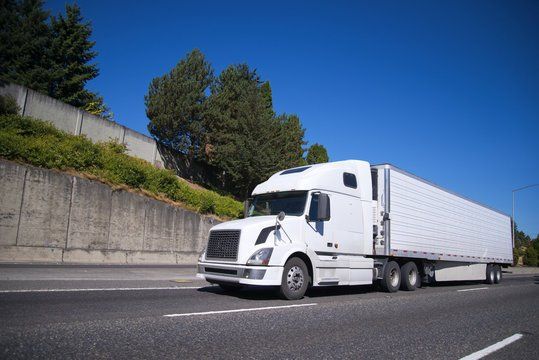
By Ben Criss
•
20 Dec, 2023
Coyote Logistics, a major player in the freight brokerage sector, is set to make workforce reductions as it grapples with a significant downturn in freight, impacting revenues across the industry. The company plans to target senior manager and director roles in the staff reductions, marking the fourth round of layoffs this year. Employees in affected roles will be given the option to voluntarily accept a severance package and leave. Coyote, headquartered in Chicago and operating under the Supply Chain Solutions unit of UPS Inc., emphasized that this is part of its ongoing optimization initiatives. In a statement, Coyote mentioned, "To support current optimization initiatives, a small number of employees are being given the opportunity to pursue voluntary separation." The company did not disclose the exact number of employees affected. A Coyote spokesman stated that the program is fully voluntary, and employees can decide whether to stay with the organization. However, insiders suggest that those not opting for the voluntary separation package may eventually face layoffs. This move follows previous rounds of layoffs in January, May, and September. According to LinkedIn data from September, Coyote's total headcount was down 7% over the past two years and down 2% over the past six months. Coyote Logistics continues to adjust its workforce in response to the challenges presented by the current freight downturn.
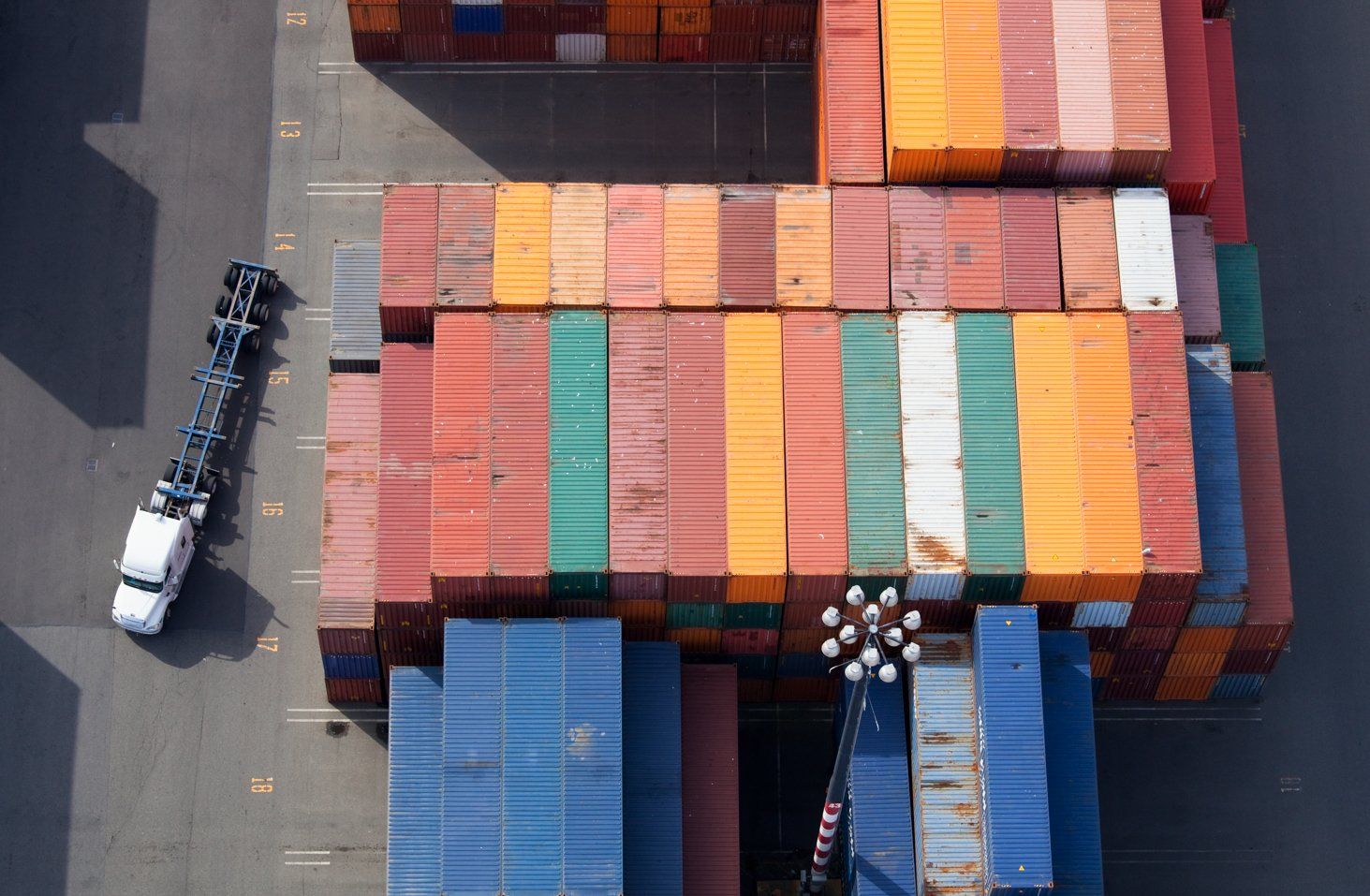
By Ben Criss
•
20 Dec, 2023
The Logistics of Logistics: How Freight Management Keeps the World Moving In the sprawling web of the trucking industry, logistics stands as the unsung hero, orchestrating the intricate dance of goods from point A to point B. This blog post unravels the significance of logistics in the trucking world, diving into the essential elements of freight management that keep the wheels turning and the world moving. Route Optimization: Precision in Motion Navigating Efficiency: At the heart of efficient trucking lies route optimization. Advanced technologies, including GPS tracking and sophisticated algorithms, empower logistics professionals to chart the most efficient paths. This not only minimizes fuel consumption but also ensures timely deliveries, a critical factor in the fast-paced world of logistics. Technology at Play: Telematics systems, equipped with real-time data and predictive analytics, play a major role in route optimization. These systems factor in variables like traffic, weather conditions, and road closures, allowing for dynamic route adjustments that keep deliveries on schedule. Warehouse Management: The Hub of Efficiency Strategic Warehousing: Warehouses are the command centers of logistics, and their strategic placement is key. Proximity to major transportation routes and optimized layouts within warehouses enhance overall efficiency. Technology aids in inventory management, ensuring that products are readily available for dispatch. Automation Revolution: The rise of automation in warehouses is transforming logistics. Automated storage and retrieval systems, robotics, and IoT-enabled devices streamline processes, reduce errors, and significantly cut down on the time it takes to load and unload trucks. Advanced Technologies: Transforming the Game Data-driven Decision Making: Big data is the fuel that propels logistics into the future. Data analytics tools process vast amounts of information, offering insights into trends, demand patterns, and areas for optimization. This data-driven approach enables companies to make informed decisions that optimize their supply chains. IoT Integration: The Internet of Things (IoT) connects vehicles, warehouses, and goods in transit. Sensors and devices provide real-time information, allowing logistics managers to monitor the condition of shipments, track the location of trucks, and even predict maintenance needs. The Human Element: Skilled Professionals in Command Logistics Experts: Behind the technology and automation, skilled logistics professionals play a pivotal role. Their expertise in coordinating complex operations, solving problems on the fly, and adapting to unforeseen challenges is irreplaceable. Technology is a powerful tool, but it's human ingenuity that ensures logistics systems run seamlessly. Risk Mitigation: Ensuring Safe Delivery Insurance: Freight Managers play an important role in ensuring the safe transit of cargo. They oversee insurance details for brokers and drivers, managing certificates , and confirming the adequacy of coverage. This meticulous process safeguards shipments, guaranteeing a secure journey from origin to destination. Cargo Insurance: Cargo insurance is a linchpin in safeguarding shipments. It provides coverage against loss or damage to goods during transit, ensuring that the financial impact of unforeseen events is mitigated. Policies can be tailored to specific needs, offering protection against theft, accidents, or natural disasters that may affect the cargo. Freight brokers must ensure that their freight brokers maintain proper contingent cargo coverage and the driver has the correct amount of motor cargo coverage . Liability Coverage: In the complex network of logistics, liability coverage is critical. It protects against third-party claims arising from accidents, injuries, or property damage during the transportation process. With the advent of autonomous vehicles, insurance policies are adapting to address the unique liability challenges posed by self-driving trucks. Conclusion: Synchronizing the Symphony of Supply Chain In the ever-evolving world of trucking, logistics emerges as the conductor, orchestrating a symphony of efficiency, precision, and innovation. From optimizing routes and managing warehouses to leveraging advanced technologies, freight management keeps the world moving. As we embrace the future, it's the seamless integration of human expertise and cutting-edge technology that will continue to drive the success of logistics in the trucking industry.

By Ben Criss
•
20 Dec, 2023
The Future of Trucking: Navigating Emerging Trends and Predictions The trucking industry, like many others, is undergoing a transformative evolution driven by technological advancements and shifts in global dynamics. In this blog post, we'll explore some of the key trends shaping the future of trucking, from the rise of autonomous vehicles to the integration of blockchain in logistics and the far-reaching impact of globalization on transportation networks. Autonomous Vehicles: Driving Into the Future Prediction: Autonomous trucks are poised to revolutionize the trucking industry, offering increased efficiency, improved safety, and potentially lower operational costs. (So they say) Trend Analysis: Companies are actively investing in autonomous vehicle technology, with prototypes already undergoing testing. The development of self-driving trucks has the potential to reshape the trucking landscape, allowing for continuous operation and reducing the reliance on human drivers. Blockchain in Logistics: Securing the Supply Chain Prediction: Blockchain technology will play a major role in enhancing transparency, security, and efficiency in the trucking supply chain. Trend Analysis: Blockchain is being explored as a solution to streamline logistics operations. Its decentralized nature can provide a secure and transparent way to manage transactions, track shipments, and verify the authenticity of goods. This could lead to reduced paperwork, minimized delays, and increased trust among stakeholders. Electrification and Sustainable Practices Prediction: The trucking industry will increasingly shift towards electrification and sustainable practices to address environmental concerns. Trend Analysis: Electric trucks are gaining traction as companies seek to reduce their carbon footprint. Government incentives, advancements in battery technology, and a growing awareness of environmental issues are driving the adoption of electric vehicles in the trucking sector. This trend aligns with broader efforts to create a more sustainable and eco-friendly transportation industry. Big Data and Predictive Analytics Prediction: The utilization of big data and predictive analytics will become standard practice, optimizing routes, improving fuel efficiency, and enhancing overall operational efficiency. Trend Analysis: Trucking companies are leveraging data analytics to gain insights into various aspects of their operations. Predictive analytics can help forecast maintenance needs, optimize delivery routes, and improve overall fleet management. The integration of data-driven decision-making processes is becoming essential for staying competitive in the evolving industry. Globalization's Impact on Transportation Networks Prediction: Globalization will continue to shape the trucking industry, influencing the demand for cross-border transportation and requiring more sophisticated logistics solutions. Trend Analysis: As businesses expand globally, the demand for efficient and cost-effective transportation networks is increasing. The trucking industry is adapting to handle the complexities of cross-border logistics, including customs clearance, compliance with international regulations, and optimizing supply chain routes on a global scale. Looking Ahead: Embracing Innovation and Adaptation The future of trucking is exciting and full of potential. Embracing emerging trends such as autonomous vehicles, blockchain in logistics, sustainability practices, big data, and the impact of globalization will be crucial for companies aiming to stay competitive and resilient in an ever-changing landscape. By navigating these trends, the trucking industry can not only meet the challenges of tomorrow but also pave the way for a more efficient, secure, and sustainable future. How are you adapting to the inevitable changes to secure your lane in the future?
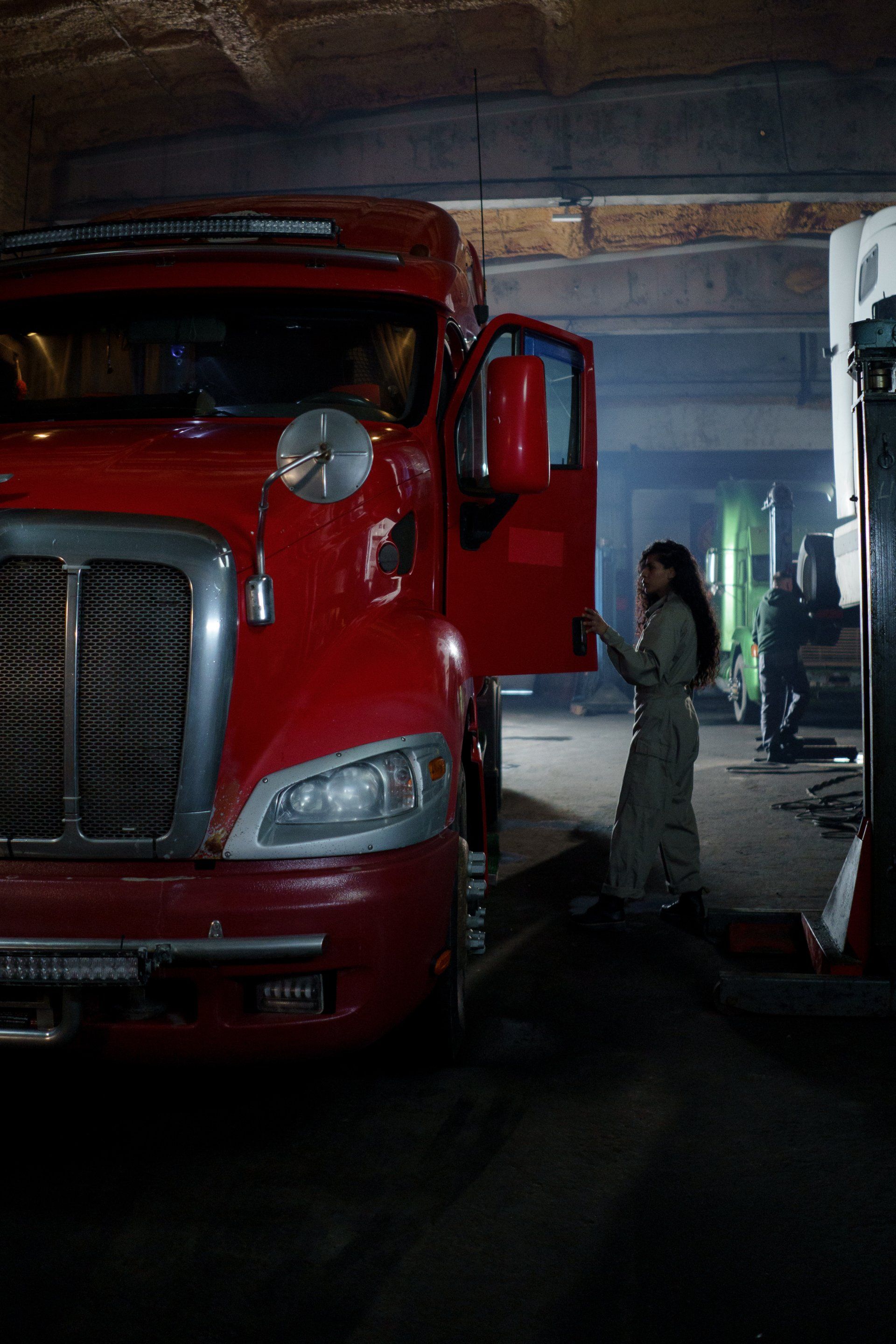
By Amber James
•
20 Dec, 2023
Women in Trucking: Breaking Barriers on the Highway The trucking industry has long been dominated by men, but in recent years, we've witnessed a significant and welcome shift. Women are increasingly making their mark on the highways, breaking barriers and reshaping the narrative of this traditionally male-dominated field. This blog post aims to highlight the growing presence of women in trucking, shedding light on the challenges they face and celebrating the invaluable contributions they bring to the industry. The Changing Face of Trucking In the past, trucking was often viewed as a profession exclusively for men. However, the industry has evolved, and more women are choosing careers behind the wheel. The reasons are diverse, ranging from a desire for adventure to the appeal of the open road and the promise of competitive salaries. As a result, women are challenging stereotypes and proving that they can thrive in this demanding profession. Challenges Faced by Women Truckers While progress is being made, women in trucking still encounter unique challenges. Gender biases, stereotypes, and sometimes, outright discrimination can make it a tougher journey for female truckers. Practical concerns, such as access to suitable facilities and ensuring personal safety on the road, also need to be addressed. However, these challenges are not deterring women from pursuing their passion for trucking. Empowering Women in the Industry Numerous initiatives are actively working to support and empower women in trucking. Organizations like Women In Trucking Association (WIT) provide resources, mentorship programs , and advocacy to address the specific needs of women in the industry. These efforts are helping to create a more inclusive and supportive environment for women pursuing careers in trucking. Celebrating Contributions Women are not just breaking barriers; they are making significant contributions to the trucking industry. From delivering goods across the country to managing logistics and operations, women are excelling in various roles within the field. Their unique perspectives and skills are enhancing the diversity and effectiveness of the industry as a whole. Stories from the Road Use the comment section of this post to share inspiring stories of women who have overcome challenges and achieved success in trucking. Whether it's a seasoned driver with decades of experience or a newcomer making waves, these stories humanize the industry and showcase the resilience and determination of women on the road. Looking Ahead: A More Inclusive Future As we celebrate the increasing presence of women in trucking, it's essential to recognize that there is still work to be done. By fostering a culture of inclusivity, breaking down barriers, and challenging stereotypes, the trucking industry can continue to attract a diverse workforce and thrive in the years to come. Women in trucking are not just drivers; they are pioneers, paving the way for future generations. By acknowledging their contributions and addressing the challenges they face, we can create a more inclusive and dynamic industry that benefits everyone on the highway. P.S. peep the author of this post at the top of the page! Hi ladies of trucking!
Strong Insurance
Our Mission: Our mission is to provide insurance coverage and share moments with you that lead to a long-lasting and trustful relationship.
Our Promise To You: We promise to be there for you at any moment educating you, answering questions, and providing the best service.
Our Vision: Our vision is to educate, protect, and provide excellent human-to-human service through a trusted business brand.
Helpful Links
© 2023 Strong Insurance All Rights Reserved
